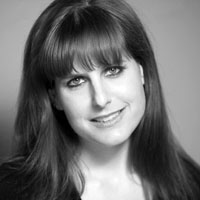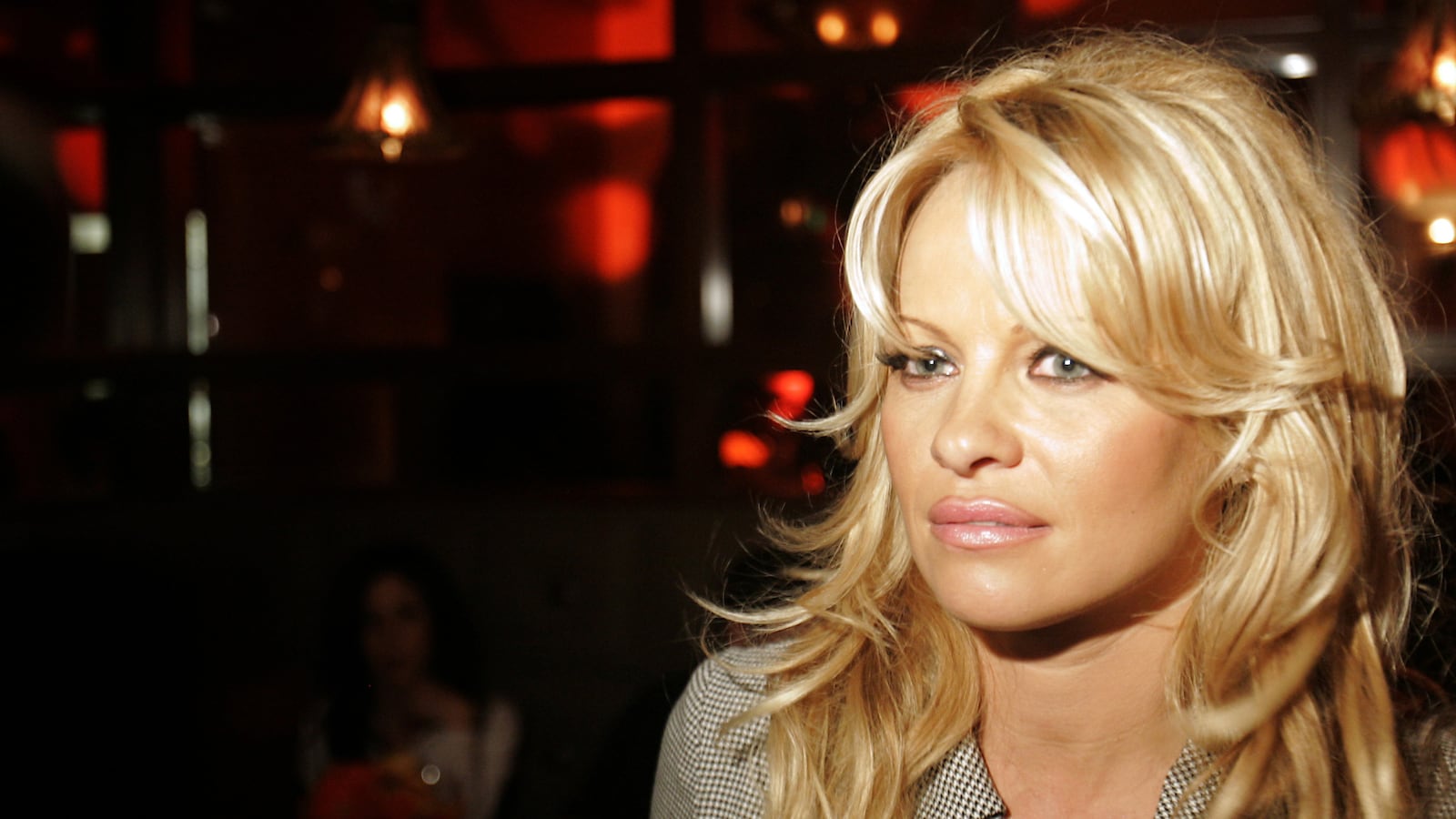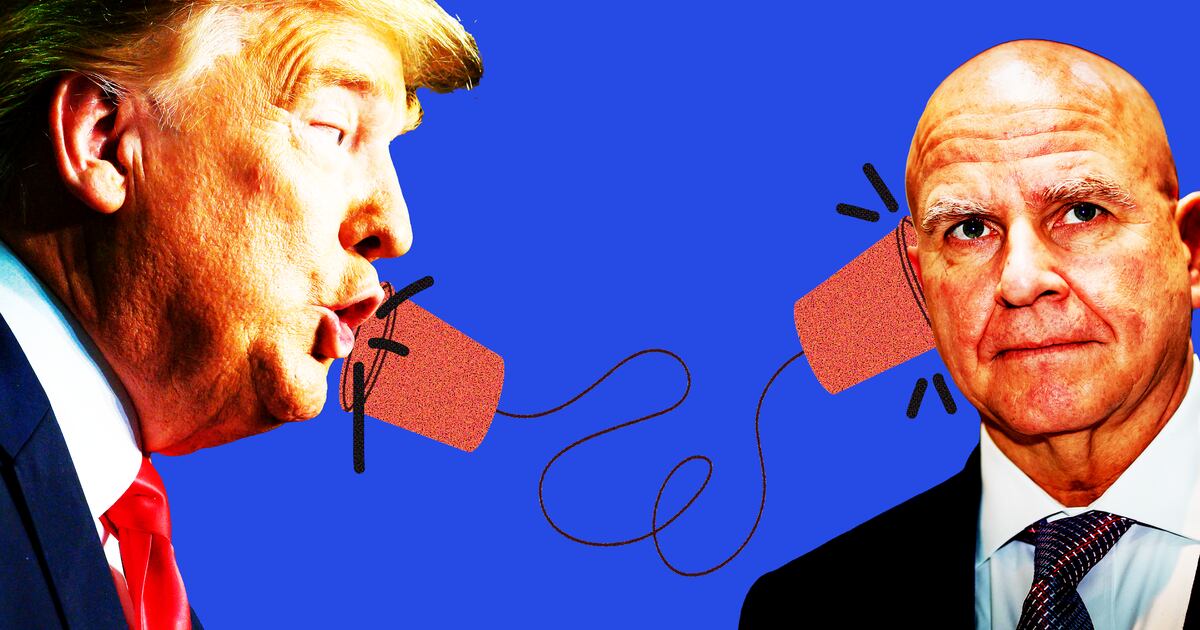Famous as a sex symbol, Pamela Anderson is now speaking out about a horrific history of sexual abuse, recounting a dizzying list of sexual assaults she endured as a young woman, starting when she was 6 years old.

“Despite loving parents, I was molested from age 6 to 10 by my female babysitter,” she told a shocked audience at Cannes on Friday, adding that she was raped at 12 and gang-raped in high school. Anderson’s speech was incredibly brave, particularly as she is bucking societal expectations about what a “good” rape victim—the kind who deserves our sympathy—looks like. Even after decades of feminist attempts to explain that rape is rape, no matter who the victim is, the belief persists that rape somehow counts less if the victim presents less than a virginal image.
Indeed, the myth that rape somehow isn’t rape if a victim is seen as sexual remains a favorite strategy of defense attorneys defending accused rapists. Lawyers for former NFL player Darren Sharper appear to be working that angle, highlighting how one accuser had sex with other men, as if that somehow meant she couldn’t have been raped by Sharper. (Sharper is accused of drugging women with Ambien to rape them, suggesting a level of predetermination that makes this defense strategy even more aggravating.) This month, an Indiana man who filmed himself repeatedly drugging and raping his wife—apparently to punish her for being “snippy”—got no jail time and only eight years’ house arrest. It’s hard to shake the sense that the judge thought it was no big deal for a man to rape someone who had previously consented to have sex with him, especially as the judge told the victim she needed to “forgive” her rapist.
Underage girls, of the sort Anderson was when she was assaulted, are not exempt from being accused of sluttiness to minimize the sexual abuse they’ve suffered. In Cleveland, Texas, a defense attorney accused an 11-year-old gang rape victim of being a seductress who compelled her older rapists to attack her. The victim in a Steubenville, Ohio, case was 16 years old but was subjected to vicious post-assault abuse on Twitter and other social networks saying she “deserved” it for being “sloppy” and a “whore.” And a Montana judge recently got into hot water after sentencing the rapist of a 14-year-old to just 30 days in prison, on the grounds that the victim was “older than her chronological age.”
Unfortunately, Anderson’s story fits in with the existing research regarding sexual assault. According to the Rape, Abuse, and Incest National Network (RAINN), 44 percent of victims of rape and sexual assault are under the age of 18. Fifteen percent were under the age of 12 when they were first attacked. Nor is it surprising, sadly, to hear of a single person victimized by multiple offenders. In a 2006 Department of Justice report, researchers indicated, “Women who become victims of sexual assault are at much higher risk than other women of being victimized again.” A 1991 study found that, even controlling for the personal characteristics of a victim, most victims of sexual assault are victimized on more than one occasion. The DOJ study suggested that being victimized once may “make them more vulnerable to the tactics of the offenders they encounter.”
It makes a rough sort of sense. Sexual assault is a particularly gruesome form of bullying, and as anyone who was a kid can tell you, once one bully starts targeting a victim, all the other bullies smell blood in the water.
Anderson must be aware, of course, that her identity as a proudly sexual woman who has done work in soft porn like Playboy is bound to attract this kind of victim-blaming and abuse. Indeed, Anderson has even participated in comedy satirizing the way people reduce her to a sex object, most notably in the movie Borat, in which she took part in a skit making fun of people who minimize or excuse violence against women deemed sex objects.
But that is why it’s so necessary for women like Anderson to speak openly about their experiences with sexual violence. It helps send the message that sexual violence is wrong, even if the victim has posed for Playboy or has had a sex video leaked.
Just as important, by speaking out about her childhood experiences and framing herself as a survivor—one who is unafraid to be sexual—Anderson can signal to other survivors that they can heal and move on. “l live a sensual life,” she said in her speech Friday. “Sensitive and rewarding.”
Many victims of sexual assault feel as if they’ll never be allowed to be “sensual” again. Obviously, some simply have negative feelings about sex, and they should be allowed to work through those on their own, without outside pressure to suck it up and be sexual on someone else’s timetable. But many victims have another struggle, believing they aren’t allowed to embrace their sexuality and told that if they continue to enjoy sex after an assault, they are “acting out” or somehow committing self-harm. As noted at the resource Pandora’s Project: “Many survivors feel that because they were raped, they should not want to have sex. They may feel that it is wrong to enjoy something that was used against them in such an awful way.”
Someone like Anderson, who is both an out sexual abuse survivor and unapologetically sexual, can help people understand that those things do not conflict. You can enjoy your sexuality and share it with others—on your own terms—while objecting to people who force sex on you against your will. It has been heartening see the incredibly supportive response by most of the media to Anderson’s announcement, with very little slut-shaming or insinuations that she somehow asked for it. Perhaps people are finally beginning to learn that just because someone is a proudly sexual woman, she isn’t any less deserving of a life free from violence.





